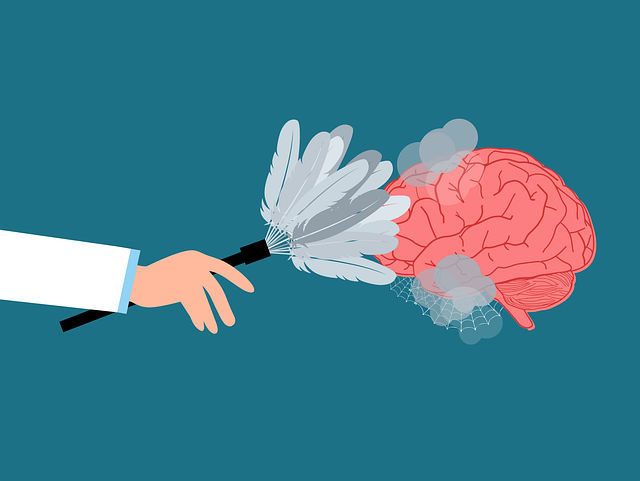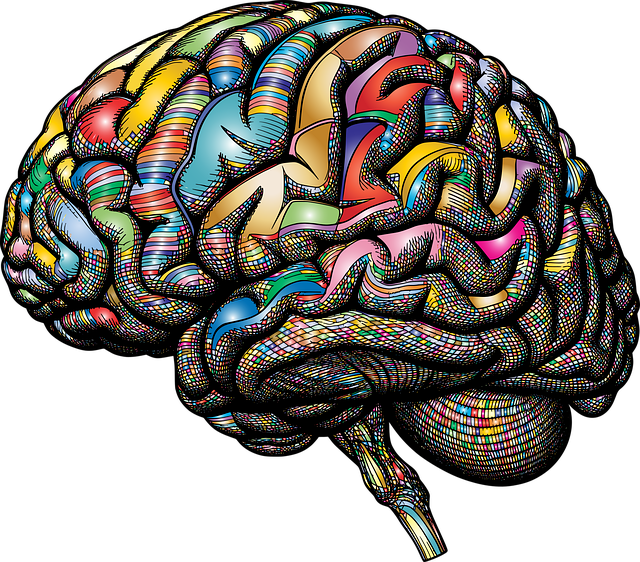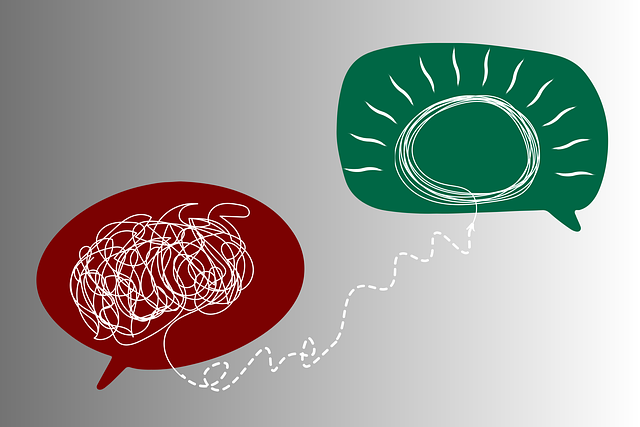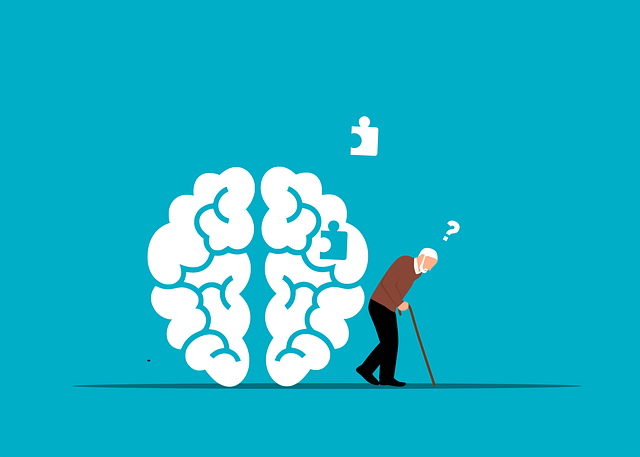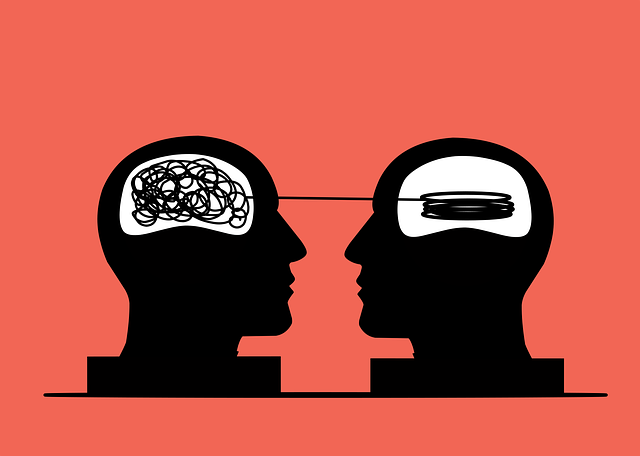The media profoundly impacts public perception of mental health, with accurate representations fostering awareness, breaking down stigma, and encouraging therapy-seeking. Negative portrayals reinforce stereotypes, deterring vulnerable individuals from help. Series like Aurora show promising progress by featuring nuanced, positive depictions of couples therapy, challenging myths, and inspiring support for emotional well-being. Diverse, authentic storytelling is key to dispelling myths; incorporating crisis intervention guidance and healthy coping mechanisms further benefits mental health discourse. Collaboration between professionals, advocates, and media outlets is essential to promote accurate, empathetic representations, empowering individuals facing mental health challenges.
In today’s media landscape, the representation of mental illness plays a pivotal role in shaping public understanding and perceptions. This article delves into the profound impact of media portrayal on mental health awareness, highlighting how inaccurate or biased depictions can perpetuate stigma and hinder support for those grappling with conditions like depression and anxiety. We explore successful initiatives, such as positive representations in media featuring couples therapy, to challenge negative stereotypes. Furthermore, we propose strategic collaborations between media outlets and mental health professionals to foster accurate and empathetic portrayals of mental illness, emphasizing the importance of open dialogue and education.
- Understanding the Impact of Media Portrayal on Mental Health Awareness
- The Current State: How Media Often Misrepresents Mental Illnesses
- Aurora and Couples Therapy: A Case for Positive Representation
- Effective Strategies to Challenge Negative Stereotypes in Media
- Fostering Change: Collaborating with Media for Accurate Mental Health Depictions
Understanding the Impact of Media Portrayal on Mental Health Awareness

The media has a profound impact on shaping public perception, especially when it comes to mental health. Portrayals of individuals with mental illnesses in movies, TV shows, and news articles can influence how society understands and treats these conditions. Positive and accurate representations have the potential to foster public awareness campaigns development, break down stigma, and encourage support for those struggling. Conversely, negative or stereotypical portrayals can perpetuate misconceptions, leading to further isolation and challenges in accessing therapy for affected individuals, even affecting those with Aurora couples communication issues.
When media depicts mental health struggles realistically, it opens doors to conversations about mood management and emotional regulation. Well-rounded characters experiencing a range of conditions can help normalize these experiences, making it easier for audiences to recognize symptoms in themselves or others. This, in turn, may prompt individuals to seek therapy or support earlier, potentially preventing more severe mental health crises.
The Current State: How Media Often Misrepresents Mental Illnesses

In today’s media landscape, the representation of mental illness often falls short of accuracy and empathy. Common portrayals tend to reinforce stereotypes or, worse, offer misleading depictions that can inadvertently harm viewers’ understanding of these conditions. Many media outlets still portray mental illnesses as monolithic entities, reducing them to simplistic narratives without depth or nuance. For instance, showing a character with severe depression as solely pessimistic or a person with anxiety as constantly panicked fails to capture the complexity and variability of these conditions.
This misrepresentation impacts audiences, especially vulnerable individuals facing similar challenges. It can deter people from seeking help, leading to an understandable reluctance to discuss their struggles openly. Furthermore, media often overlooks the importance of communication, such as that facilitated by therapy, in addressing mental health issues. Techniques aimed at emotional regulation and mood management, essential components of therapy like those offered by professionals in Aurora, are rarely showcased realistically. By presenting more authentic portrayals, media can contribute significantly to promoting emotional well-being and reducing the stigma surrounding mental illness.
Aurora and Couples Therapy: A Case for Positive Representation

In recent years, media representation of mental illness has significantly evolved, with more nuanced and positive portrayals emerging. One notable example is the depiction of couples therapy in various platforms, such as the TV series Aurora. This fictional narrative showcases how effective communication and emotional healing processes can be facilitated through therapy, challenging previous stereotypical representations. By presenting a modern, relatable couple facing common issues like Aurora Couples Communication Issues, the show educates viewers on the importance of seeking help for mental health struggles.
The success of such depictions lies in their ability to humanize characters dealing with mental illness and highlight the transformative power of therapy. This positive representation encourages viewers to view therapy as a viable solution rather than a taboo subject. Moreover, it inspires individuals experiencing similar challenges to consider professional support, fostering a sense of community outreach and empowerment. Even stress management workshops organized within communities can benefit from this trend, as they now have a more sympathetic audience ready to engage in conversations about emotional healing processes.
Effective Strategies to Challenge Negative Stereotypes in Media

To challenge negative stereotypes about mental illness in media, it’s essential to implement effective strategies that promote accurate and nuanced representations. One powerful approach is to showcase diverse characters with genuine stories, highlighting their inner strength development and journeys towards healing. By featuring individuals from various backgrounds, including those experiencing Aurora couples communication issues or seeking therapy, media can dispel myths and foster empathy among viewers.
Additionally, crisis intervention guidance within storylines can provide valuable resources for audiences facing similar struggles. Incorporating stress reduction methods and healthy coping mechanisms demonstrated by characters can offer practical insights, encouraging positive conversations about mental wellness. Through these strategies, media platforms have the potential to revolutionize their approach, contributing to a more supportive and informed society.
Fostering Change: Collaborating with Media for Accurate Mental Health Depictions

The media plays a pivotal role in shaping societal perceptions, and accurate representation of mental health is crucial for fostering understanding and reducing stigma. Collaboration between mental health professionals, advocates, and media outlets is essential to challenge stereotypes and promote positive narratives. By involving experts like therapists from Aurora and encouraging open dialogue, the media can depict mental illness with nuance. This approach ensures that audiences gain insights into the complexities of mental health struggles, promoting empathy rather than pity or sensationalism.
A significant aspect of this collaboration involves educating content creators on the difference between typical emotional experiences and clinical conditions. Encouraging positive thinking and self-care routines as preventive measures for burnout is a step in the right direction. Through such partnerships, media platforms can contribute to creating a more inclusive and supportive environment, where individuals with mental health challenges are empowered and represented authentically.
Media has a powerful influence on shaping societal perceptions of mental illness. By presenting accurate and positive representations, such as the empowering story of Aurora and her journey through therapy addressing communication issues in couples, we can challenge negative stereotypes. Collaborating with media professionals to ensure mindful portrayals is crucial for fostering better understanding and reducing stigma. Through education and advocacy, we can create a more inclusive narrative that reflects the reality of mental health experiences.

